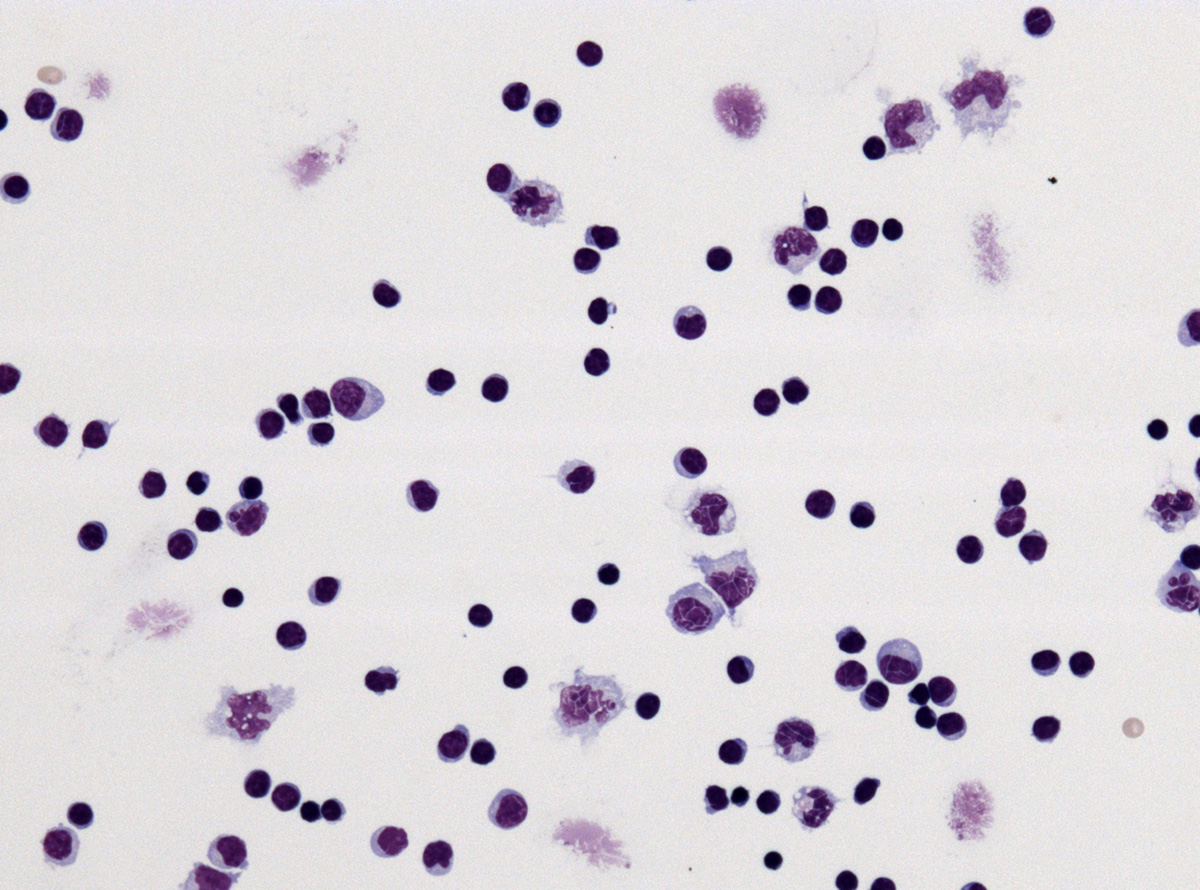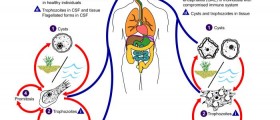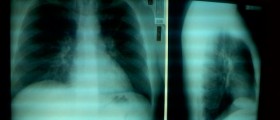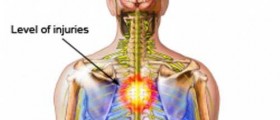Viral Meningitis Overview
Viral meningitis is an inflammation of the meninges caused by certain viruses. This form of meningitis is also known as aseptic meningitis. In case there are no complications of viral meningitis the disease lasts up to 10 days. On the other hand, if the infection spreads onto the brain and causes meningoencephalitis the course of the disease is much longer.
The spread of the viruses can lead to either meningoencephalitis or meningomyelitis. In meningoencephalitis apart from meninges, the process of inflammation affects the brain and in meningomyelitis, the infection spreads onto the spinal cord.
In 85% of all patients suffering from viral meningitis culprits of the infection are non-polio enteroviruses. On rare occasions, this form of meningitis is caused by mumps, polio, or choriomeningitis viruses.
The doctor has to pay special attention while setting the diagnosis. Differential diagnosis, in this case, includes bacterial or fungal meningitis, meningitis caused by certain chemicals, meningitis carcinomatosis, granulomatous diseases, and a few more inflammatory conditions.
Complications of Viral Meningitis
A patient can suffer from numerous complications related to viral meningitis. In rather rare cases the diseases can lead to communicating hydrocephalus. Communicating hydrocephalus is a consequence of the accumulation of inflammatory debris and obstruction of arachnoid granulations. This complication develops a few weeks after the onset of meningitis. The patients are treated with ventriculoperitoneal shunt.
Sometimes hydrocephalus can develop acutely only a few hours or days after the start of meningitis. Acute hydrocephalus is brought under control by ventriculostomy and external elimination of the excessive fluid.
Unfortunately some patients develop neurological sequelae. Viral meningitis can in some patients cause convulsions, sensorineural hearing loss, paralysis of cranial nerves, problems with learning, problems with vision, and behavioral disorders. In children, speech delay can be one of the potential complications.
- Enterovirus meningitis typically has a benign course, while enterovirus encephalitis can result in long-term neurological sequelae.
- Significant morbidity and mortality follow enteroviral meningitis in neonates and immunocompromised patients.
- Some subtypes of enterovirus, such as EV71 and EV68, are associated with more severe neurological disease and worse outcomes.
- The most common severe complications of enteroviral meningitis are meningoencephalitis, myocarditis, and pericarditis. In children, neurologic complications of enteroviral infection can include acute flaccid paralysis and rhombencephalitis.
- Neuropsychological impairments after viral meningitis are measurable but typically not as severe as those sustained after bacterial meningitis. Some studies have noted impaired sleep as a long-term sequela of meningitis.
Outlook of Viral Meningitis
This form of meningitis, in general, withdraws completely and the complications occur in rather rare cases. The disease lasts approximately 10 days.
Only in neonates viral meningitis can be fatal and even lead to lethal outcomes. In little children, the disease can cause neuromuscular damage. In case that apart from meningitis a patient develops inflammation of the pericardium or the liver the prognosis is not so good.
Prevention of Viral Meningitis
Prevention is the best cure, which also refers to viral meningitis. Timely vaccination can be a perfect protection against certain viruses. Adequate hygiene of the hands can help in the prevention of numerous diseases including viral infections.
And finally, avoidance of people who are suffering from respiratory infections is one more preventive method.

















Your thoughts on this
Loading...